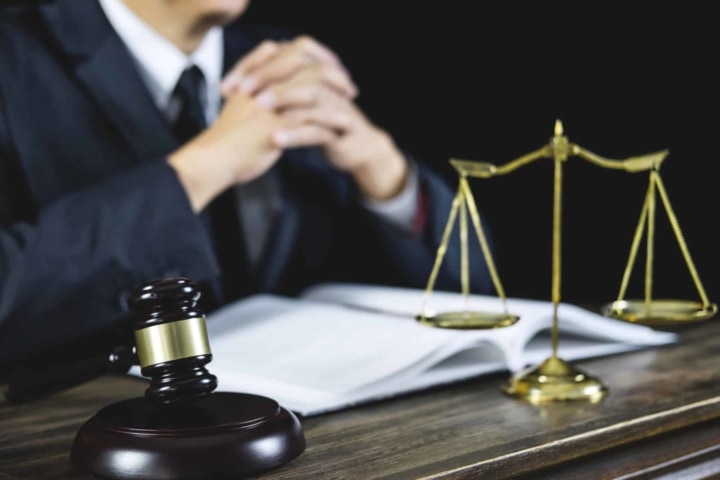The criminal justice system is a cornerstone of any democratic society, aimed at maintaining law and order while safeguarding the rights of its citizens. Within this system, one crucial figure stands as the embodiment of justice’s shield—the criminal defense attorney. With their expertise, knowledge, and unwavering commitment to protecting the accused, these legal professionals play a vital role in ensuring a fair and balanced judicial process. This article explores the multifaceted role of criminal defense attorneys, shedding light on their responsibilities, challenges, and the impact they have on the pursuit of justice.
Upholding Constitutional Rights
The primary role of criminal defense attorneys is to safeguard the constitutional rights of their clients. The United States Constitution grants individuals several fundamental rights, such as the right to due process, the right to legal counsel, and the right to a fair trial. A defense attorney serves as the protector of these rights, ensuring that their clients are treated fairly and that their constitutional entitlements are respected throughout the legal proceedings. From the initial arrest to the courtroom trial, the defense attorney remains vigilant in their defense, advocating for the presumption of innocence and challenging any infringements upon their client’s rights.
Thorough Investigation And Case Analysis
A criminal defense attorney’s role extends beyond mere representation in court. They are responsible for conducting a comprehensive investigation into the charges brought against their clients. This entails scrutinizing the evidence, interviewing witnesses, and collaborating with experts in various fields to build a solid defense strategy. By thoroughly analyzing the case, the defense attorney aims to identify any weaknesses, inconsistencies, or constitutional violations that can be used to challenge the prosecution’s case. Their meticulous attention to detail and dedication to uncovering the truth contributes to the pursuit of justice and prevent wrongful convictions.
Crafting A Compelling Defense
Once armed with a thorough understanding of the case, the defense attorney leverages their expertise to craft a compelling defense. They employ their knowledge of criminal law, precedents, and legal strategies to develop a persuasive argument aimed at casting doubt on the prosecution’s case. This involves cross-examining witnesses, challenging the admissibility of evidence, presenting alternative theories, and identifying flaws in the prosecution’s narrative. By strategically presenting their defense, the attorney strives to demonstrate reasonable doubt and secure a favorable outcome for their client.
Negotiating Plea Deals And Mitigating Sentences
A criminal defense attorney may negotiate plea bargains on behalf of their clients in some situations. Plea bargaining is a crucial aspect of the criminal justice system, allowing for resolutions that benefit both the accused and the prosecution. Defense attorneys assess the strengths and weaknesses of the case, consult with their clients, and engage in negotiations with the prosecution to achieve a favorable agreement. Additionally, when a client is found guilty or pleads guilty, the defense attorney plays a crucial role in mitigating the potential sentence. They present mitigating factors, such as the defendant’s character, background, or extenuating circumstances, to secure a fair and just outcome.
Safeguarding The Principle Of Justice
Criminal defense attorneys have an important role in defending the idea of justice in society, in addition to the specific cases they handle. By ensuring that the accused receives a fair trial and competent representation, they contribute to maintaining the balance of power between the state and the individual. The defense attorney acts as a check against potential abuses of power, serving as a counterbalance to the prosecution and advocating for the proper administration of justice. Their unwavering commitment to due process, fairness, and the protection of constitutional rights helps ensure that the justice system operates with integrity and safeguards the rights of all.



